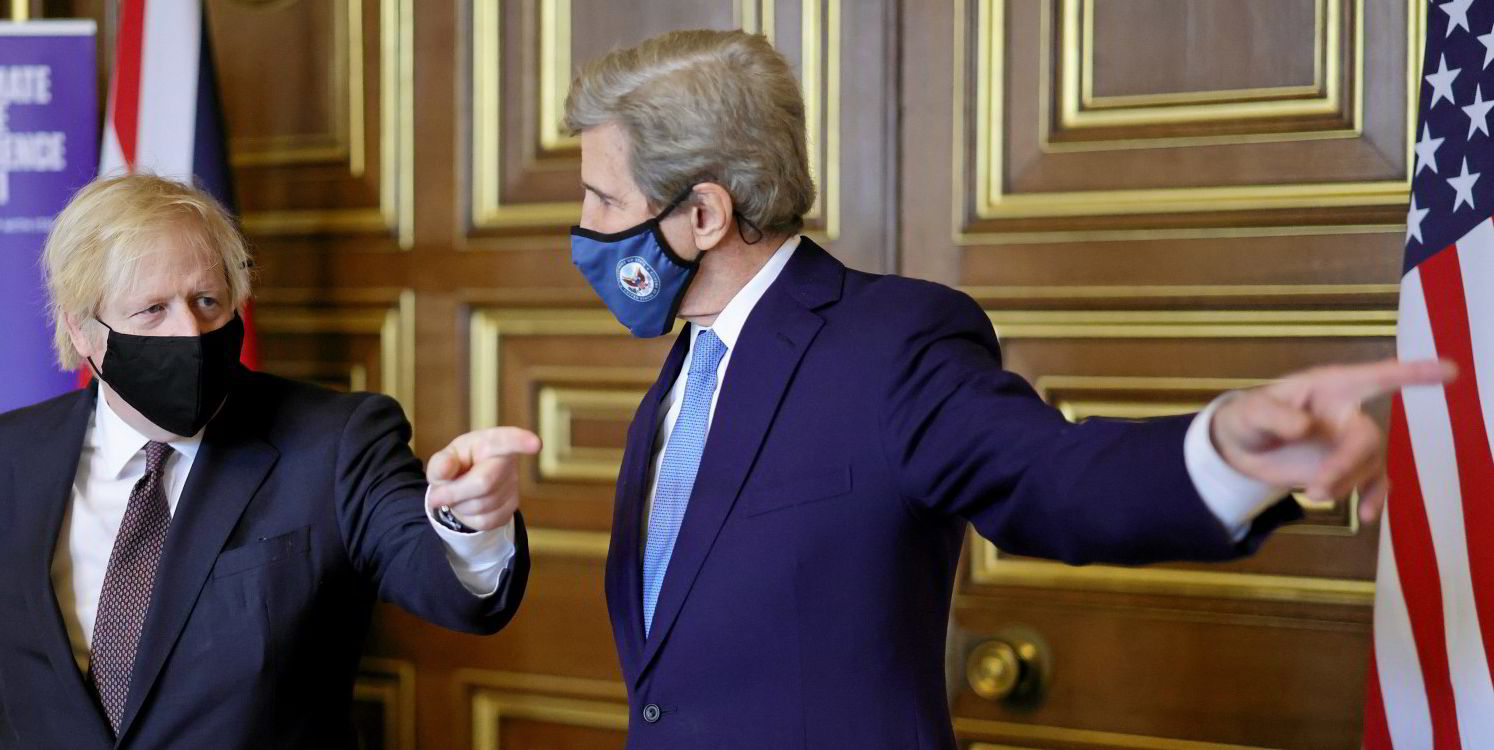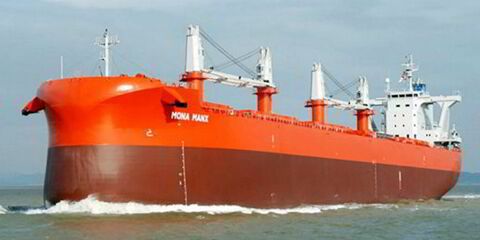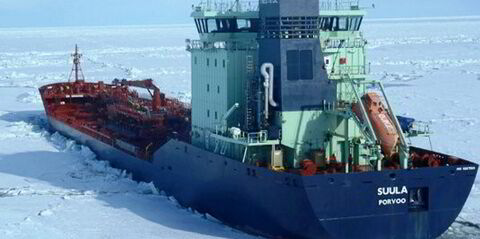The first 100 days of Joe Biden’s presidency has given the US people — and the global shipping industry — plenty to think about.
Biden’s predecessor Republican Donald Trump liked to denigrate his Democratic challenger as “sleepy Joe”.
Well if this is what Biden looks like sleeping it would be difficult to imagine what he might do if fully awake.
The first 100 days of the new White House has seen a range of new policies that have upended previous norms, such as commitments to low taxes and small government.
There has also not been the Donald Trump Twitter storms or sex scandals and the creepy “Make America Great Again” or MAGA rallies with its reminders of 1930s Germany.
Actions speak louder than words with Biden, so almost immediately he unveiled a massive $1.9trn financial stimulus.
Much of this American Rescue Package is aimed at creating jobs and rebuilding the country’s crumbling physical infrastructure post-Covid-19 lockdowns.
The public spending stimulus — with two more packages promised — will be part-paid for by a forthcoming increase in both corporate taxes and a fiscal squeeze on the wealthy.
Meanwhile, there have been strong statements that central bank interest rates will be kept low for the foreseeable future.
Shaping shipping
Abroad, political fences have begun to be repaired with Trump’s sworn enemies — China and Iran — although it is too early to say whether the trade war with the former will end and whether sanctions against the latter will be dropped.
Both of those events could have a significant impact on the container and tanker businesses.
Equally there has been a toughening of US rhetoric against Russia and no sign of a lessening of tensions with sanction-hit Venezuela.
The Biden administration has leaped into the low-carbon energy transition by rejoining the US to the Paris Agreement on climate change.
So it is not so much 'sleepy Joe' as 'speedy Joe' and the maritime industries should find it an exhilarating — if occasionally bumpy — ride
There has been no domestic carbon tax introduced in the US, as many expected, but Biden has unveiled a Clean Electricity Standard forcing power generators to decarbonise by 2035.
The White House has set an ambitious national target of a 52% carbon cut by the end of the decade and put new optimism into the offshore wind sector as clean technology is favoured over fossil fuels.
It is too early to say what impact this new energy policy will have on America’s previously booming LNG exports as new oil pipelines and drilling on federal land have been blocked.
Biden has reaffirmed a commitment to keep the protectionist Jones Act that requires foreign shipowners to team up with US-based companies to secure work.
The operating budgets of the US Coast Guard, Federal Maritime Commission and Maritime Administration have all been increased.
There is speculation that a major support sealift military shipbuilding programme could be announced to strengthen the US fleet.
Meanwhile, US special envoy on climate, John Kerry, wants the International Maritime Organization to adopt a goal of zero carbon emissions by 2050.
That highly aspirational target — which will alarm many shipowners — compares with the current IMO goal of a 50% cut in CO2 output by the mid-century.
Whether Kerry’s hopes can be realised remains to be seen, but he argues “technologies for decarbonisation are known to us but they need investment and they need to be scaled up”.
The new policies and ambitions from the US come at a good time when the global trade and economy is bouncing back strongly from Covid-19.
Super-cycle talk
A surge in oil and wider commodity prices has brought a huge bounce-back in oil company profits and more talk of a new “super cycle”.
The price of copper — the world’s most important industrial metal — has doubled over the year to trade in excess of $10,000 a tonne for the first time in a decade, while soybeans are at an eight-year high.
Iron ore and timber have both hit record price levels as supply struggles to keep up with demand in a post-lockdown world.
The shipping markets have been enjoying strong earnings too with capesize bulker rates particularly buoyant.
Biden cannot take all the credit for creating this new era of optimism but a government of technocrats has brought new coherence as well as energy to the world’s biggest economy.
So it is not so much “sleepy Joe” as “speedy Joe” and the maritime industries should find it an exhilarating — if occasionally bumpy — ride.






